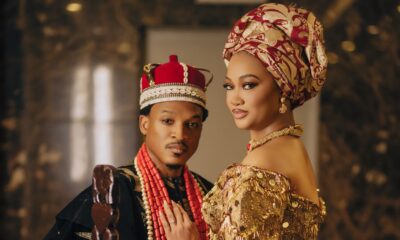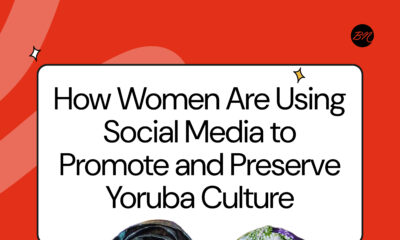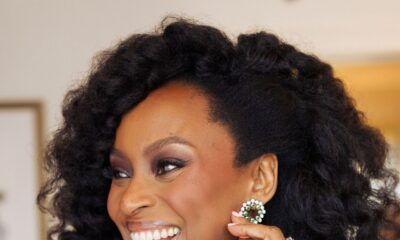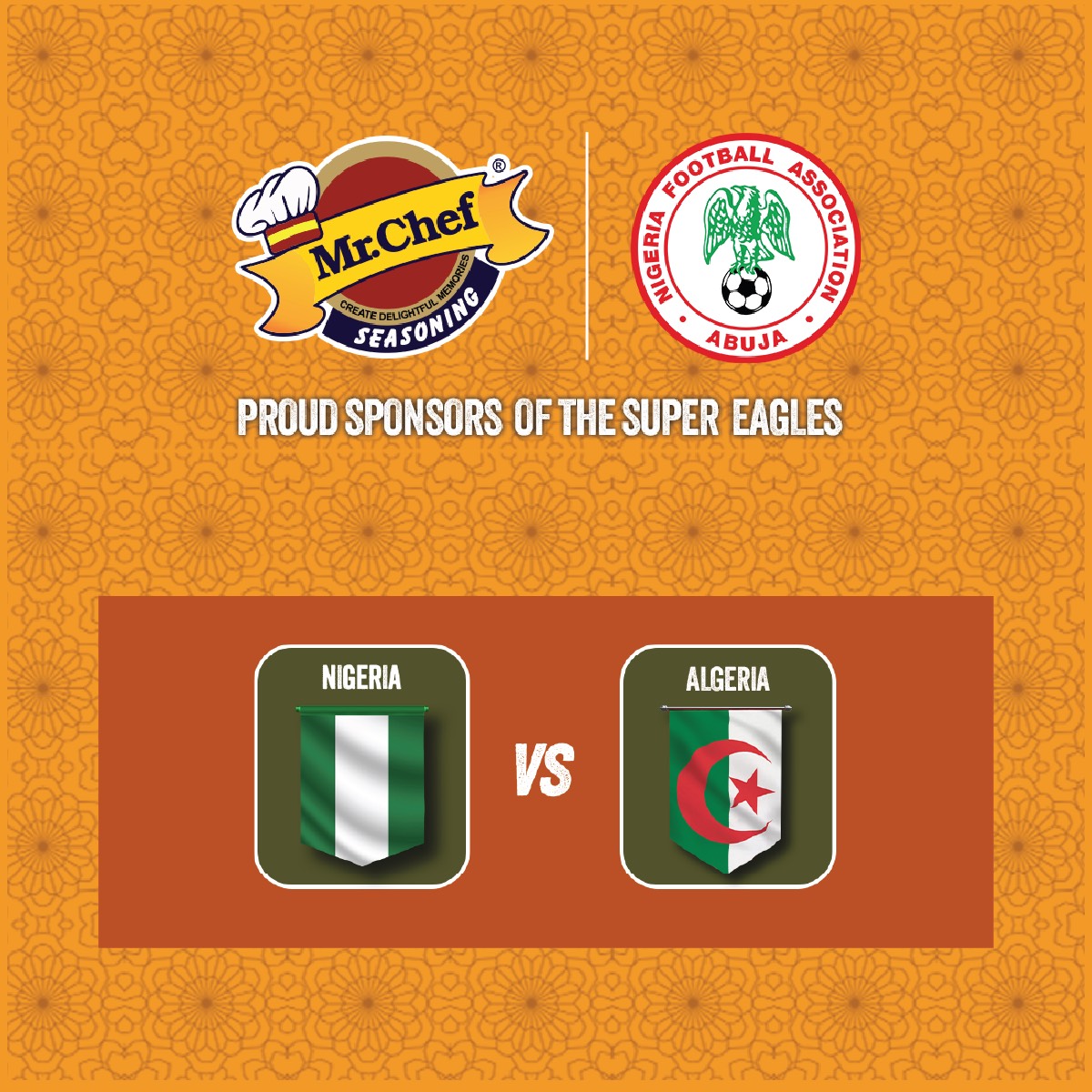Features
Adebayo Adegbembo: Danfo Diaries – Handling Nigeria’s stereotypes
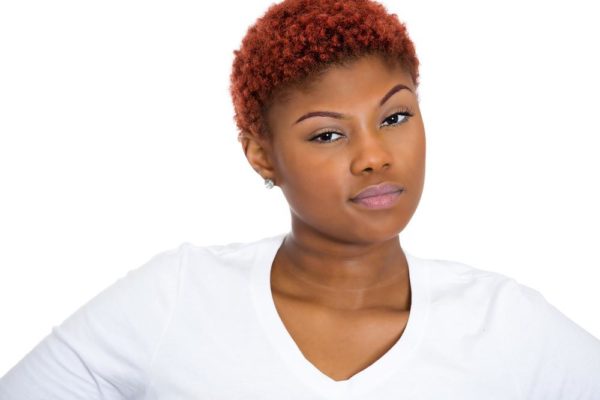 It was one of those days where I had to make a choice between two types of commercial vehicles to board: the 14-seater danfo or the 27-seater LT buses that normally run the Oshodi/Mile2/CMS route. Not an easy choice on any given day considering the notoriety of both options. The former would have been my natural choice but for a caveat. This was around 10pm and a few days to Christmas in sleepless Oshodi, Lagos. Thus, it was a choice between relative comfort at the risk of falling prey to one-chance or discomfort with the prospect of securely arriving at my destination. I chose the latter.
It was one of those days where I had to make a choice between two types of commercial vehicles to board: the 14-seater danfo or the 27-seater LT buses that normally run the Oshodi/Mile2/CMS route. Not an easy choice on any given day considering the notoriety of both options. The former would have been my natural choice but for a caveat. This was around 10pm and a few days to Christmas in sleepless Oshodi, Lagos. Thus, it was a choice between relative comfort at the risk of falling prey to one-chance or discomfort with the prospect of securely arriving at my destination. I chose the latter.
There were about 30 of us crammed into the rickety LT bus; 5 on each row of seat – hardened benches constructed as part of the transformation that the buses go through from their original state to the present. Transforming a vehicle is a creative process except that when it comes to commercial buses in Lagos, it’s nothing like what you see on MTV’s pimp my ride.
On my row, 4 passengers including myself were already seated and sweating profusely. The lady at the far left on my row occupied a single space with 3 children.
The thing about these bus rides is they leave you with an imagination of where and how the buses started out. While riding in them, I’ve had those moments where in anger, suffering and irritation, I imagined whether their manufacturers foresaw that panel beaters and welders in Naija would work on them trading all their original features for the barebones? Did they anticipate that these vehicles would become objects of human suffering with passengers sardined into every bit of space at the expense of comfort?
Those were the thoughts ringing in my head when the commotion started. To accommodate another passenger on my row, the conductor barked out to the lady with 3 kids, “Madam, carry ya pikin well make una dress.” Obviously irritated by his tone, she responded sarcastically. “Where make I dress go? Make I enter the wall (referring to the body of the bus).” Her accent gave her away as Yoruba and his as Igbo. The conductor continued. “Come madam, this bus no be ya parlour o. All this Yoruba women wey go jus dey born born anyhow.” Next, she bellowed out. “Ori e ni o pe! You dis omo Ibo wey like money pass your life!” Their exchange clearly illustrated the stereotypes associated with both ethnic groups.
Other passengers weighed in along ethnic grounds and it got me thinking about what I’ve since observed about our attitude as Nigerians towards stereotypes.
In Nigeria, ethnic stereotypes are understandably a characteristic part of our existence. It’s also a sensitive subject that one is often dissuaded from discussing. Ironically, many of us hold true to these stereotypes about other ethnic groups outside of ours than we chose to admit for obvious reasons. I hear them in passing remarks within my circles. Sometimes, it’s in low tones among fellow ethnic folks. Other times, it’s as outspoken as the passenger and the conductor’s.
To some of us, Yorubas are the polygamous people who go about breeding babies than they can fend for. To some who’ve never been up North, everyone from Northern Nigeria is Hausa; dagger-wielding subservient group of people. For the Igbos, you guessed right – money, money, money at the expense of anything or anyone! For Bini people, it’s sorcery or what we call winsh things.
Through a combination of our diversity, historical contexts and miseducation, these stereotypes are likely to stay with us. Yet, with constant interactions and reading, I’ve not only come to dispel of these blanket labelings but also learnt to handle them gracefully. I find that experiences around our individual humanity overshadow these stereotypes, thus making for interesting ways of dealing with them. One such way is how standup comedians handle stereotypes about Yoruba, Igbo, Hausa and Bini people that gets everyone cracking up. It’s because those stereotypes though told with a tinge of humour are relatable. That’s why we laugh about them in adverts, movies or standup comedy shows. Think about it. The underlying point is there’s a positive way to accept and deal with stereotypes if we can’t wish them away.
Another factor that helps in handling the issue is literature. My interest in indigenous African cultures often prompts a yearning for understanding certain aspects of our diverse cultures from different literatures. To that end, I read Chinua Achebe’s There was a country and Chimamanda’s Purple Hibiscus while working on the Igbo101 Igbo language-learning iPhone, iPad and Android app for kids. Both books offered some form of motivation as I worked on the app.
Relative to this piece, I gained interesting insights from the part where Achebe spoke about the competitive individualism and adventurous spirit of the Igbo, a possible factor behind the stereotypes associated with them. I thought about it and the enterprising nature of most Igbo people I grew up around in Lagos. Clearly, the female passenger didn’t see it from that angle though she was angry. But I did see it that way. Perhaps, I was able to redefine the narrative by drawing on that understanding, thanks to Achebe and for me, therein lies the power of informed contexts.
While my analysis may not be so accurate, it provides me with a basis for understanding why different ethnic groups possess unique attributes that have directly or indirectly contributed to widely held stereotypes. That, I find as the best way to gracefully embrace them.
Photo Credit: Dreamstime


